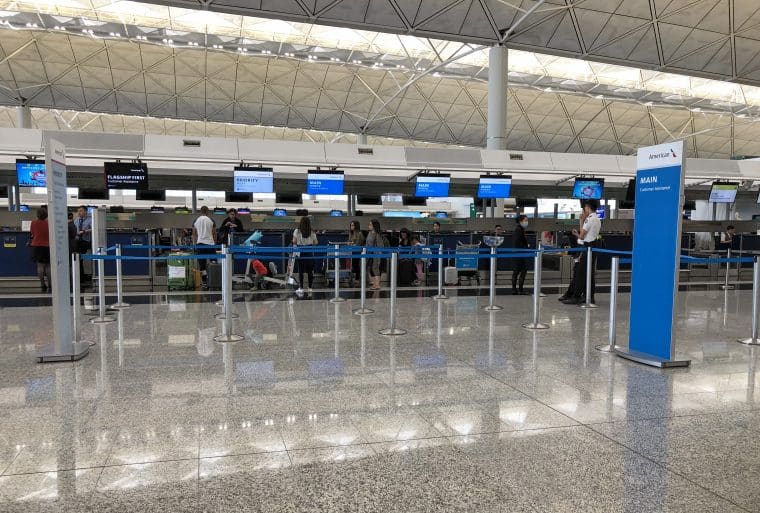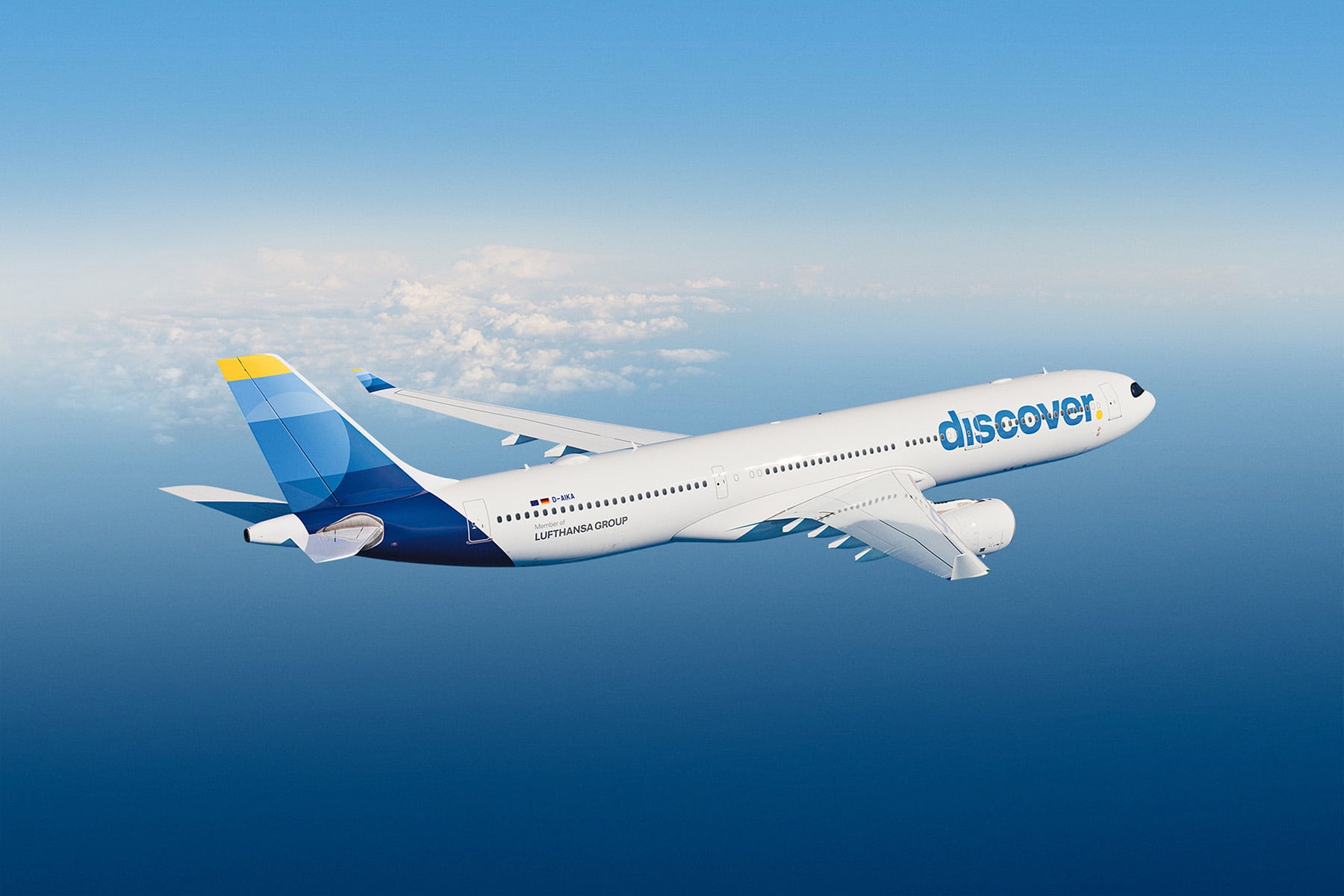Just days after the Biden administration announced new regulations requiring airlines to refund passengers automatically for canceled or delayed flights, a group of powerful lawmakers has mounted an effort in an attempt to undermine the measure.
On Monday, Senators Ted Cruz (R-TX) and Maria Cantwell (D-WA), along with Representatives Sam Graves (R-MO) and Rick Larsen (D-WA), unveiled the long-awaited Federal Aviation Administration (FAA) reauthorization bill. Tucked into the sweeping legislation was a provision that appears to contradict the Transportation Department’s new refund rules.
The lawmakers’ bill creates a right to a refund for airline passengers with non-refundable tickets, but only “upon written or electronic request of the passenger” – explicitly rejecting the Biden administration’s requirement for automatic refunds. This kind of poison pill is designed to make it harder for customers to get their refunds and it doesn’t outline rules to stop airlines from making the request process extraordinarily onerous.
Also read: 70+ Booking.com Statistics You Need to Know in 2024
Cruz, the ranking member of the Senate Commerce Committee which oversees aviation policy, has been one of the most vocal critics of the refund mandate. He has argued that the rule could have the opposite effect of its intent if it is not implemented carefully.
In a statement provided recently, Cruz highlighted that although the Department of Transportation’s rules are “well-intentioned”, there are still provisions “where additional work is still needed”.
“I know there are concerns that some of the consumer-focused provisions, while well-intentioned, may have the opposite effect if not implemented carefully and considerately. We should give these provisions due consideration.”, Cruz emphasized, trying to dissipate consumer advocacy groups’ concerns that his efforts could completely undermine what the Biden-Harris administration had just achieved.
FAA Bill Dubbed “Gift to Airlines”
Consumer advocates warn that shifting away from automatic refunds back to the old request-based system would be a major setback for air travelers and a windfall for airlines.
The latest deal in Congress could mean that travelers are still bearing the burden of airlines’ mishaps.
Instead of automatically getting their money back, they would be forced to manually request refunds, wasting time and energy.
— Elizabeth Warren (@SenWarren) April 29, 2024
“This would be a gift to the airlines, who know many travelers won’t have the time or resources to navigate the bureaucratic process they designed,” Senator Elizabeth Warren (D-MA) tweeted in response to the provision.
By once again demanding that passengers fill refund requests, airlines could avoid paying out cash to flyers who don’t ask. Under the Biden rule, refunds would have to be issued automatically to all eligible passengers.
“It sounds like people again potentially waiting weeks or months or years or never to get their refund that they are entitled to by law – and that’s very worrisome”, said Teresa Murray of the U.S. Public Interest Research Group.
Meanwhile, the American Economic Liberties Project warned that the FAA bill “must be rectified” to avoid undermining the Biden Administration’s new rule.
It’s hard to imagine why Ted Cruz and his gaggle of lawmakers would want to explicitly make it harder for consumers to get refunds, at least until you realize how lobbying in the US works.
Airlines Spend Millions in Lobbying to Fight This Type of Rules
The refund provision within the FAA reauthorization act almost certainly reflects the intense lobbying carried out by airlines to protect their bottom lines from the impact of having to issue mandatory refunds and eliminate other practices that generate massive revenue for their businesses, even though it harms the average consumer.
Trade groups like Airlines for America, which represent major air carriers, have spent millions pushing back on Biden’s refund rules and other consumer protection measures that seek to alleviate the often excruciating levels of red tape and avoidance that passengers usually suffer when dealing with these companies.
According to a report from Jacobin, a leftist online magazine that caters to thousands of subscribers and millions of readers through its website, the Airlines for America group has invested around $12 million in lobbying efforts since 2022 to block the passage of the latest automatic refund rule.
This deep-pocketed lobbying effort highlights what’s at stake – billions in potential refunds that airlines would have to pay passengers immediately once the new rules are enforced.
“The airlines have been active in lobbying on this and many other parts of the FAA reauthorization”, said John Breyault of the National Consumers League.
He argued that although the reauthorization bill’s provisions don’t directly enter into conflict with the DOT’s refund mandate, advocacy groups expected to put into law the automatic refund requirement to avoid so that future administrations can overturn the Biden-Harris provision.
Cruz and His Group of Lawmakers Take Millions in Donations from Airlines
The four lawmakers driving the FAA bill have collectively received hundreds of thousands of dollars from the airline industry, making them some of the biggest recipients of airline money during this recent election cycle.
Senator Cantwell, who chairs the Commerce Committee, took in $143,721 from airline industry donors. Meanwhile, Cruz received $59,375. On the House side, Representative Graves, the Transportation Committee’s Chair, got $131,999 while Larsen, the ranking member, received $88,255.
In total, airlines spent a record $33 million on lobbying last year, primarily to fight these new refund rules and shape FAA legislation.
So there’s your answer. Airlines spent tens of millions of dollars to lobby US politicians and then some of the top recipients of the money decided to insert the provision that was only in the interest of the airlines.
Also read: New Whistleblower Crisis Hits Boeing as Stock Continues to Underperform
Airlines claimed that they advocated for for consumers’ rights and have issued a total of $43 billion in refunds – around $900 million per month – to passengers who bought tickets between January 2020 and December 2023.
Although they did not explicitly oppose the new rules publicly, Airlines for America mentioned that the DOT “proposed substantial and novel changes to airline credit/voucher and refund requirements that will significantly impact the public and the travel industry”.
However, back in 2022, they did push back on the rules and even urged the DOT to take in additional comments from industry insiders on “what constitutes a sufficiently significant downgrade of an available amenity or travel experience that warrants a refund”.
“Hassle-Free” Refunds Hang on The Line if the Reauthorization Act is not Amended

When announcing the new policy last week, the Biden administration celebrated the achievement as it would finally provide refunds to passengers “without headaches or haggling.”
Under the new rules, airlines must provide cash refunds within strict and rapid timeframes when they cancel or significantly delay flights, mishandle baggage, or fail to provide purchased services like WiFi.
“Passengers deserve to get their money back when an airline owes them,” Transportation Secretary Pete Buttigieg commented on the rule.
By requiring refund requests, the reauthorization act proposed by Cruz and his gang would reinstate the very “cumbersome processes” and “digital paperwork” that the Biden rule aimed to eliminate.
Experts Debate if the FAA Has Enough Authorities to Enforce the Rule Without a Congressional Nod
If passed, the FAA reauthorization bill could trigger an unnecessary regulatory battle between the Transportation Department and Congress over whether automatic refunds can be enforced.
The DOT cited existing authority in issuing the refund requirements, so it may argue that the rules remain valid even if the new law requires that consumers fill refund requests.
Also read: Biggest Internet Safety Bill Since 2000 Set to Pass Senate
“If you look at the final rule… they were relying on other authority that they already had to issue the rule”, NCL’s Breyault said. “So I don’t see that it necessarily undercuts it.”
However, the former Chair of the House Transportation Committee Peter DeFazio warned: “If the DOT lawyers look at it and say, ‘No that overrules clear statutory language,’ then [the law] would go into effect.”
Consumer groups hope that lawmakers can still amend the bill with adequate language that reinforces the need for automatic refunds before the reauthorization act is finally passed.
“We’re hopeful that there’s still time”, Breyault said. For now, the future of hassle-free refunds hangs in the balance on Capitol Hill.
